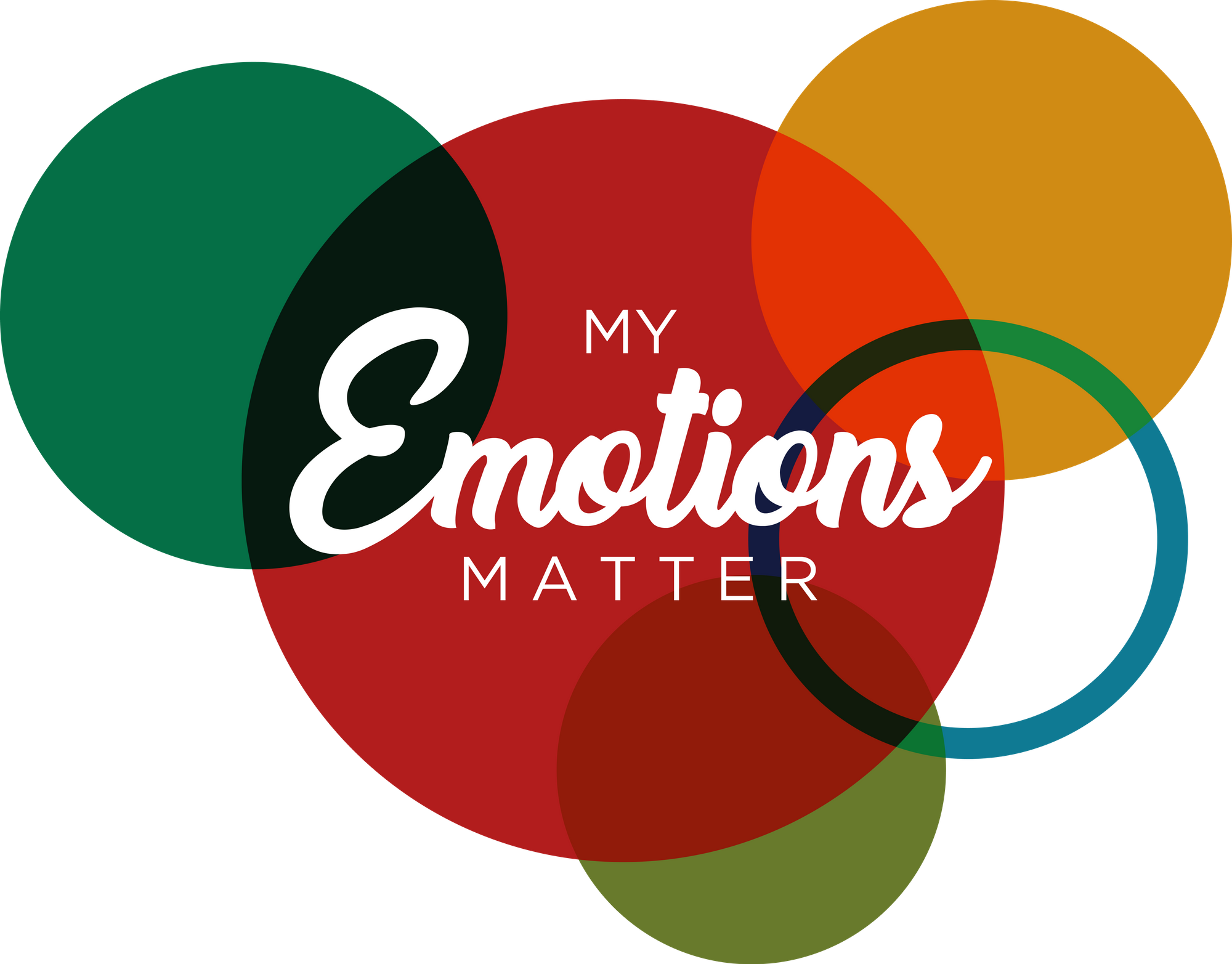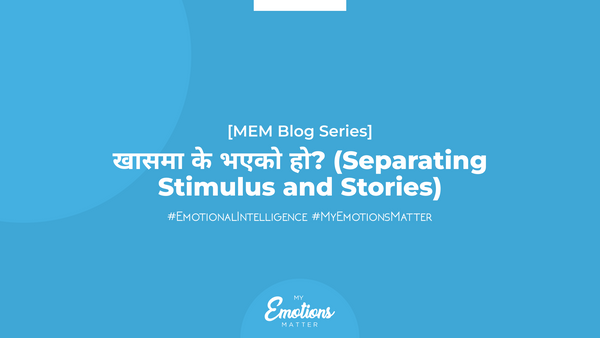Being Emotionally Intelligent: Three Modes of Connection
Udita [name changed] had an important work presentation on the first day of the week. She was both nervous and anticipative about the meeting. She had 25 minutes to go before logging in to the video conferencing app when her mother showed up in her room and asked her to join for lunch. Udita told her mom that she would eat later since it was almost time for her meeting. Her mom got upset no sooner and told her, "It seems like all other people at my home have important work to do, only I am the free and useless one here." Those words got to Udita's nerves, and she frowned, "Not again!" before turning to her presentation. Her mom stormed off.
In this kind of situation, it can be easy to react, which drives us to see other people as objects. Perhaps, Udita's mom must have other commitments to look into after finishing lunch, so when Udita didn't agree to join her, she started seeing her as an obstacle to overcome. As for Udita, she had an important presentation, so when her mom didn't take her request positively, she possibly started perceiving her mom as an irrelevancy to ignore.
Udita had a few minutes to go before the presentation, but her mind was constantly flashing back to the interaction she had with her mom. She, in fact, quickly realized that she was slipping into the box of inward mindset toward her mom. She knew she couldn't continue to if she wanted her presentation to go well and not worsen the relationship with her mother.
Udita soon recalled what she had learned about the three modes to applying the an emotionally intelligent mindset- Self-Connection, Honest Self-Expression, and Empathic Connection.
Self-Connection
Self-Connection is about connecting with our own feelings and needs rather than getting stuck in a cycle of blaming and justifications. Through this mode of an emotional intelligence mindset, we hold space to acknowledge what's going on for us.
We can ask the following questions to connect with ourselves:
-खासमा के भएको हो?
Udita separated her judgments from what happened in the situation. She recalled that her mom told her, "It seems like all other people at my home have important work to do, only I am the free and useless one here," to which she responded, "Not again!"
-How do I feel?
Udita checked in with herself and realized that she felt annoyed and discouraged upon hearing her mom's words.
-What do I need?
In the BOX, it might have been easy for Udita to believe that her mother caused her feelings of annoyance and discouragement. The truth is, her mother's words and actions only triggered those feelings in Udita. Her feelings emerged from her unmet needs for support and understanding, which she sought in the relationship with her mother.
-Do I have a specific request to myself or someone else?
Udita then realized she perhaps needed to focus on doing the presentation well for the time being. She decided to approach her mother and know what was going on for her after the presentation.
Empathic Listening
After Udita got off her meeting, she approached her mom and invited her to share what was going on for her. Although it did seem that her mom was still gripped by the earlier incident, she shared how she was disappointed and overwhelmed upon witnessing her family members' overlapping schedules. She expressed how she felt disconnected and all over the place from which Udita tried to understand that perhaps her mom had unmet needs for connection, certainty, and order. She tried to ask her mom if she could truly assess what was missing for her. Her mom confirmed and felt relieved upon being understood.
Honest Self-Expression
After listening to her mom, Udita conveyed to her the observation, feelings, and needs that she identified in the process of Self-Connection. She tried to help her mom see why she couldn't promptly act on her request and how important the presentation was for her. To meet both her needs for support and understanding, she requested her mom to have lunch without her on similar days ahead. She also promised to help herself with lunch on those days without requiring help from her mom. Udita addressed her mom's needs for connection, certainty, and order as well and committed to informing her mom about her everyday schedule so they could try to have lunch together whenever possible.
Self-Connection, Empathic Listening, and Honest Self-Expressions are three modes through which we can be have an emotionally intelligent mindset. None of these modes or processes are a precedent to each other. In any given situation, not just necessarily difficult ones, we can resort to either or all of these three modes to understand ourselves and others better beyond the play field of who's right and who's wrong. Having an emotionally intelligent mindset is about overcoming the rigidness of being the right/better one, being curious about each other's feelings and needs, and building concrete strategies together to meet those needs on any given day.




